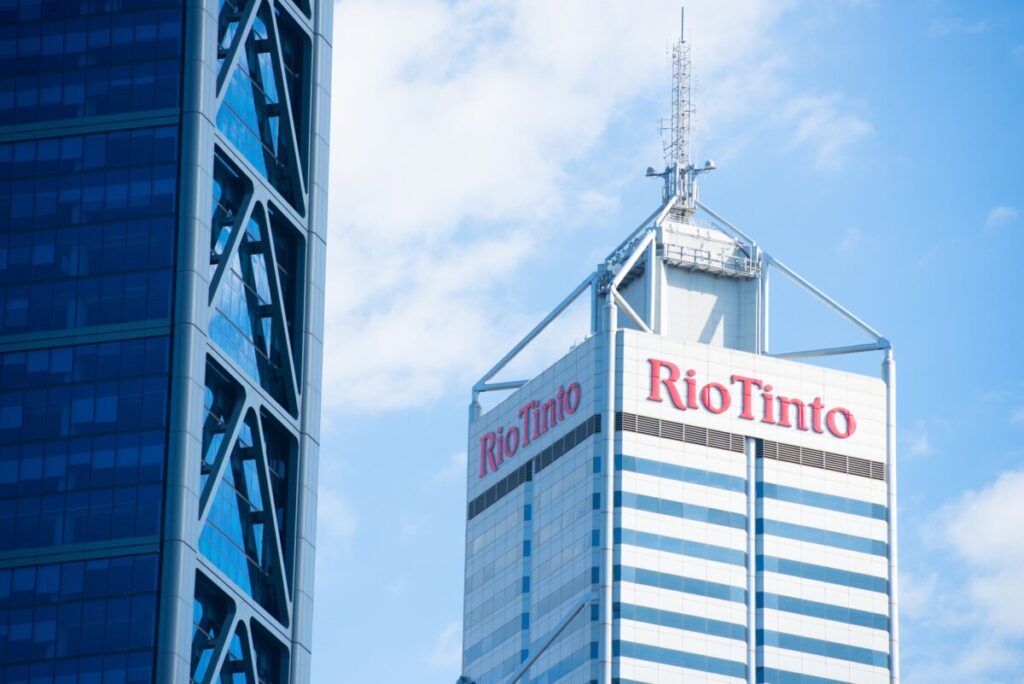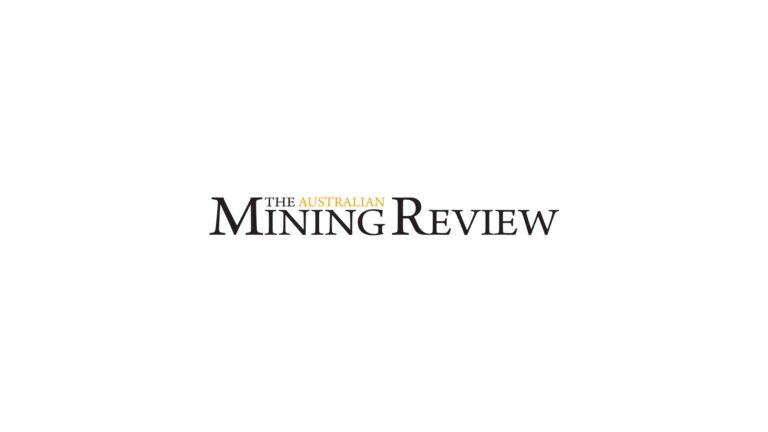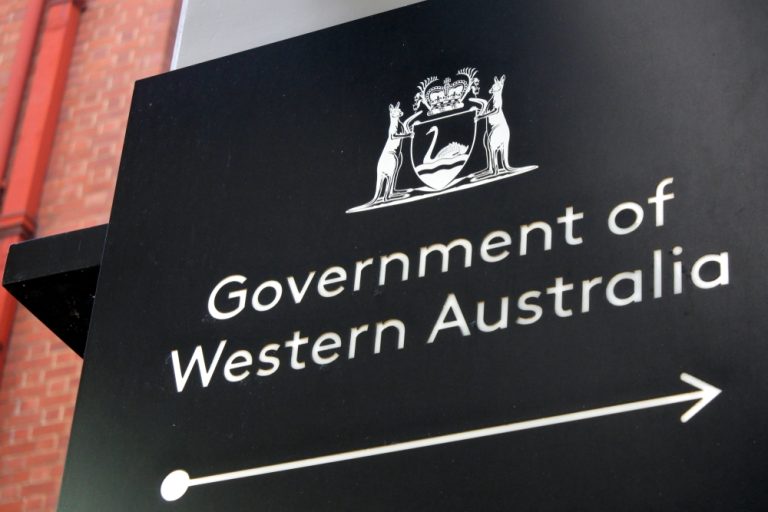
Rio Tinto (ASX: RIO) has published the findings of an independent, external progress review on its work to deliver sustained workplace cultural change across its global operations.
Two years into a long-term cultural change program, the review found that progress is being made with promising signs of improved culture, innovation and performance.
The progress review was conducted by former Australian sex discrimination commissioner Elizabeth Broderick, who undertook the Everyday Respect review of workplace culture that Rio Tinto publicly released in 2022. It found that Rio Tinto’s response to the Everyday Respect Report is gaining momentum throughout the company and has established a solid foundation for building a more diverse workforce and inclusive culture.
Elizabeth Broderick comments on the findings.
“I applaud Rio Tinto’s continued leadership and commitment to transparency in driving cultural change,” she said.
“This is a significant undertaking in a global company with a growing and dynamic workforce, diverse roles and complex working environments.
“Two years on, the progress is evident and there is an ongoing commitment to this work.
“I am not surprised to see some areas where results haven’t improved, this is a normal part of the cultural change process.
“With sustained focus from Rio Tinto, we should expect to see the positive change spread over time.”
The findings revealed mixed results, with concerning behaviours persisting in some areas and requiring sustained attention to address effectively.
Rio Tinto chief executive Jakob Stausholm says people are still experiencing behaviours and attitudes in the company that are unacceptable and harmful.
“I am greatly troubled by this and sincerely apologise on behalf of our leadership team to anyone affected,” he said.
“I want to thank everyone across our business who has shown the courage to speak up, as your honesty will guide our ongoing efforts to become an organisation where every day is safe, respectful, and productive for everyone.
“I am proud and greatly encouraged by the genuine effort across Rio Tinto to change and to make everyday respect part of our daily conversations, and by the fact that this progress review shows the majority of our people believe we are heading in the right direction.
“The review also shows that while progress is being made, achieving the sustained change we want to see in our culture will require ongoing focus and effort.
“My message today is that we will stay the course.”
Findings of the progress review include:
- The 26 recommendations outlined in the 2022 Everyday Respect Report have been largely implemented, with longer-term actions, such as continued investment in facilities, ongoing.
- People continue to experience harmful behaviours at Rio Tinto’s workplaces.
- Around half of survey respondents reported a perceived improvement in relation to bullying (50%), sexual harassment (47%) and racism (46%), compared to 8% who thought bullying had become worse, 2% who thought sexual harassment had become worse and 4% who thought racism was worse. A majority of respondents expressed confidence the company will make a meaningful difference in these areas in coming years.
- People are more empowered to speak up and everyday respect is now widely considered a normal conversation within the company, which is a critical step for culture change.
- The survey data in this progress review is a lagging indicator, suggesting that the full benefit of the changes made in this time are yet to be fully experienced by the Rio Tinto workforce.
Building on the 26 everyday respect recommendations, and guided by the insight from the progress review, Rio Tinto has shaped the next stage of its plan to further embed existing interventions and accelerate change focused around three priority areas: equipping frontline leaders to drive change, building buy-in for change across all areas of its workforce and securing and retaining diverse talent.





